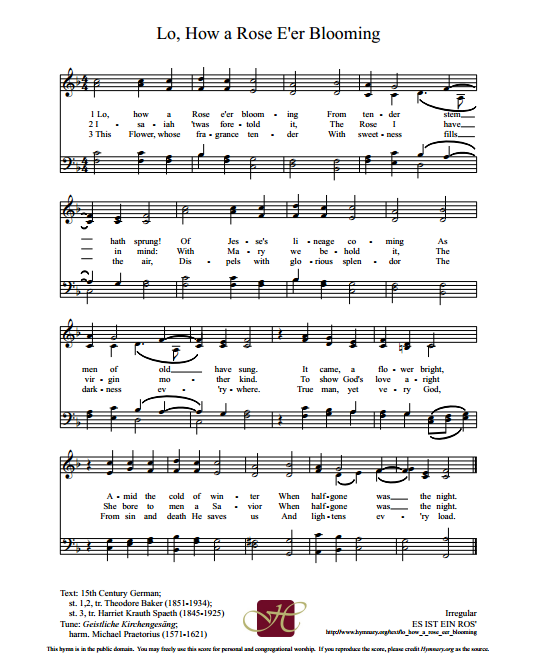Thank God for Committees: Contribution to a Reformation Day Panel
The Meeter Center for Calvin Studies asked me to be part of a panel reflecting on the legacy of the Reformation. We were each given five minutes. Here are the notes for my brief contribution:
- This isn’t just about doing things “decently and in order.” It’s not about a dazzling org chart, and it’s not just some curmudgeonly concern with “following the rules.” The plurality of leadership is rooted in an anthropological and institutional realism: eschewing any perfectionism, we see the ongoing failings of even regenerate hearts and minds, especially when they are inflated by the concentration of power. So leadership is diffused without being diluted; governance is shared; authority is borne by many shoulders. “The prophets are subject to the prophets,” as Paul put it.
- Gifts beyond professionalism: offices of authority are entrusted to those with gifts, desire, and calling not just those credentialed with divinity degrees or theological credentials. And it is surely one of the virtues of the Reformed & Presbyterian traditions to have discerned that these leadership traits—gifts, desire, calling—are not limited to those with testicles. (Image of the Lord’s Supper being served by all women elders as a kind of signal that the curse is being rolled back.)
- Though this all hinges on formative, substantive catechesis: as go elders, so go the church.
- Why I’m particularly grateful for this Reformation legacy today: because of it’s spillover to political life. It was these Calvinistic intuitions that bequeathed to us the institutions of checks & balances that are now features of liberal democracy.
- On one level, they reasserted the dignity of the individual: when Jesus knows the number of hairs on your head, you can’t be reduced to a cog in some collectivist machine.
- On the other hand, Reformed intuitions about polity and healthy institutional life bequeathed to us governmental structures enshrining shared government, internal corrections, and the sort of life-saving bureaucracy that gums of the gears of impatient, willful kings and dictators. (Hi there, Robert Mueller!!) The multi-pronged, self-correcting government envisioned by the US Constitution was, in many ways, dreamed up by Calvinists who didn’t trust themselves. Dr. King would later remind them they should have trusted themselves even less—and yet he appealed to their founding intuitions to make the point. In that sense you could say King was asking for an even more Calvinist Republic.
- But this too depends on a kind of catechesis: civics and the formation of civic virtue, as well as a healthy dose of self-suspicion—all in short supply today. The hard good work of Reformed & Presbyterian polity is how we learn to be good citizens, too.




